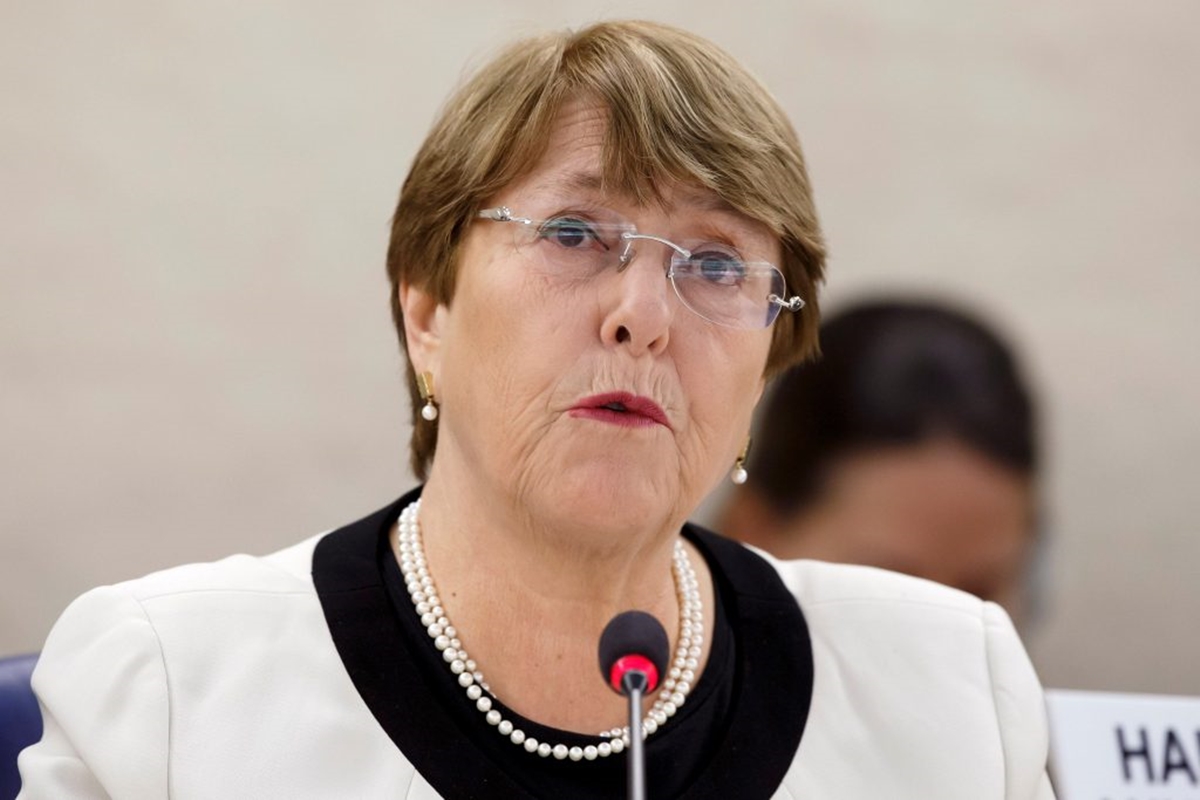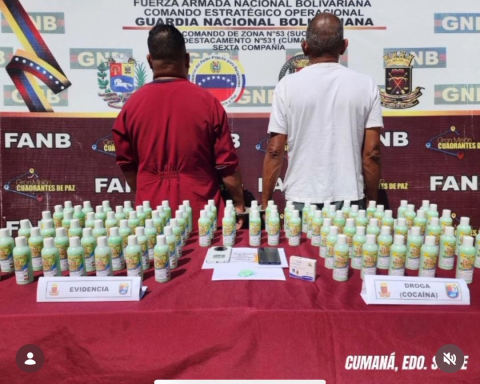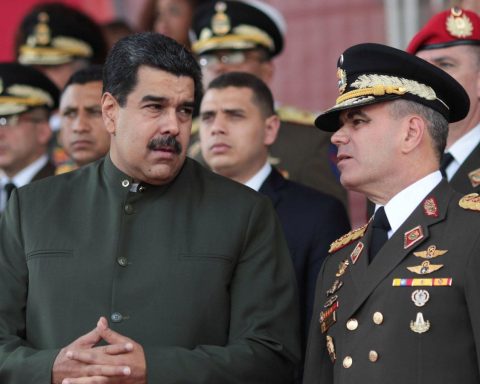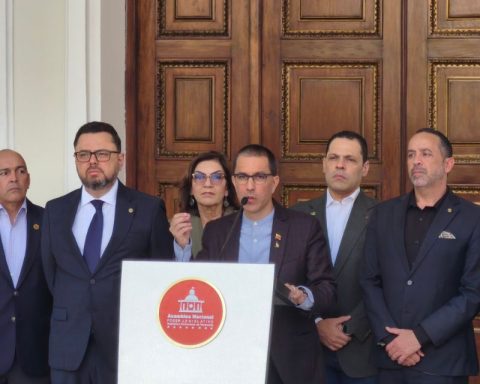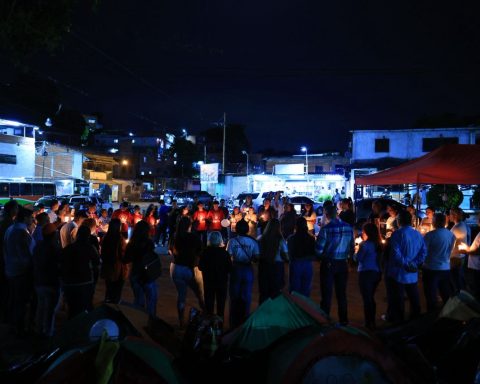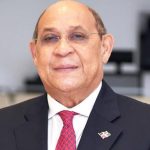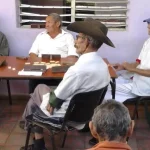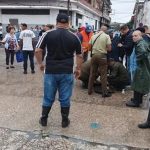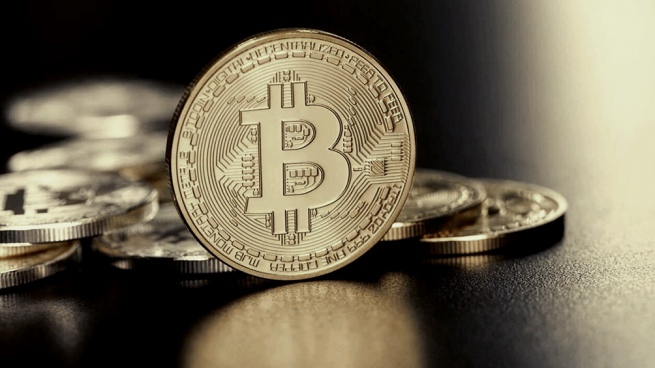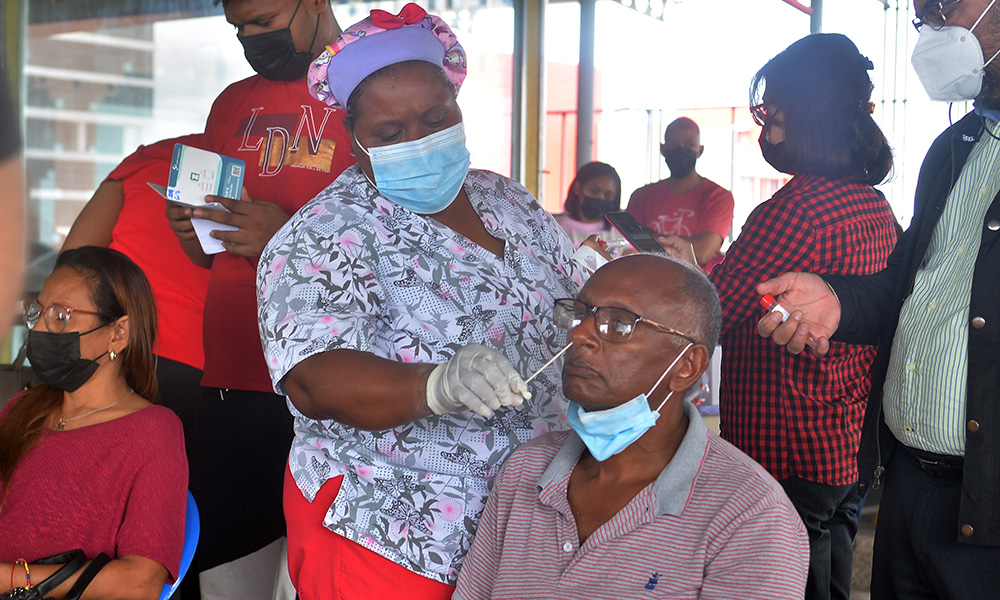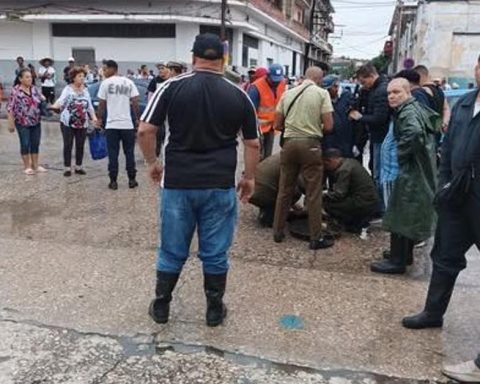Michelle Bachelet, United Nations High Commissioner for Human Rights, announced Monday in Geneva that she will not run for a second term.
“As my mandate as High Commissioner comes to an end, this 50th session of the Council will be the last in which I express myself,” said the former Chilean president70 years old, before the Human Rights Council in Geneva.
Bachelet did not say anything more about the reasons for her decision. Until now, and taking into account that his mandate ends at the end of August, his intentions had not been disclosed.
The position of High Commissioner for Human Rights is confronted with strong political pressure from many countries around the world. Although it can be carried out for two terms, almost all of Bachelet’s predecessors avoided staying more than one term.
Bachelet – the first female president of Chile, who suffered torture during the dictatorship – was appointed to the post by the UN Secretary General, Antonio Guterres, in 2018.
the chinese thorn
Recently, it was the object of harsh criticism from the United States and from NGOs such as Human Rights Watch or Amnesty International, which accused it of having maintained an excessively tolerant position in the face of human rights violations. in China.
They reproach him for not having denounced these abuses more firmly during his visit to the Asian giant, the first by a high commissioner since 2005.
It was also criticized for delaying the release of a report documenting the human rights situation in Xinjiang.
On Monday, Bachelet said she would first share the UN report with Chinese authorities – as is the case with all countries – before publishing it.
He also reiterated that, during his meetings with Chinese officials, including President Xi Jinping, he spoke of human rights violations.
“I have always stressed the importance of dialogue in my interactions with all member countries, even on the most difficult issues,” he added.
Bachelet announced an agreement with China to hold an annual high-level meeting dedicated to human rights.
detention and torture
Born on September 29, 1951 in Santiago, she spent her childhood in several cities in Chile, where her father, an Air Force pilot, was stationed. In 1970, she began to study Medicine and entered the Socialist Youth.
He experienced first-hand the military coup of September 11, 1973 and the bloody dictatorship of General Augusto Pinochet (1973-1990). His father, Alberto Bachelet, died in 1974 as a result of torture for remaining loyal to the government of the ousted socialist leader Salvador Allende.
The death of her father will forever mark the life of Michelle, who will always seek to live up to his standards.
In 1975, she was arrested along with her mother by the secret services. They were transferred to Villa Grimaldi, a clandestine torture center in Santiago.
Then they went into exile first to Australia and then to the German Democratic Republic, where he continued his medical studies. He returned to Chile in 1979, graduating three years later.
This pediatrician by profession, mother of three children, was president of Chile twice.
After a first term (2006-2010), which ended with record levels of popularity, Bachelet could not run immediately, since the Constitution does not allow her to serve twice in a row.
She was then appointed as head of the UN-Women organization in New York, an international position from which she promoted the value of women in politics.
At the end of 2013, he ran again to lead his country and carried out a second term (2014-2018), during which he promoted several progressive reforms, such as the adoption of same-sex marriage and the decriminalization of abortion.
